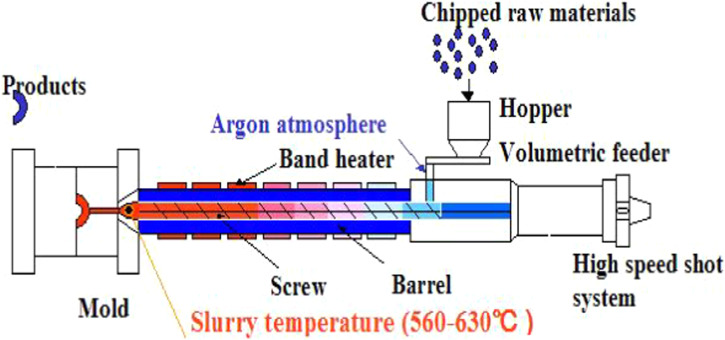Precision CNC machining is revolutionizing the manufacturing industry by providing unparalleled accuracy and efficiency. CNC, which stands for Computer Numerical Control, is a manufacturing process that utilizes computerized technologies to control machine tools. This technology has transformed various industries, including automotive, aerospace, electronics, and medical, by producing intricate and precise components.
One of the key advantages of precision CNC machining is its ability to achieve extraordinary accuracy in manufacturing. Traditional machining methods, such as manual milling or turning, heavily rely on human skills and are prone to errors. On the other hand, CNC machines are programmed with precise instructions, eliminating human error and consistently delivering high-quality products.
The precision in CNC machining is achieved through the use of advanced software programs and cutting-edge equipment. CAD (Computer-Aided Design) software is used to create detailed digital models of the desired part. The software then generates a tool path, which is a set of instructions that guide the CNC machine on how to cut and shape the material. This level of precision ensures that every component produced is identical to the digital model.
Another factor contributing to the accuracy of CNC machining is the use of high-quality cutting tools. CNC machines can accommodate a wide range of cutting tools, including drills, end mills, and lathes, which are made from hard materials such as carbide or high-speed steel. These tools are extremely durable and can maintain their sharpness for long periods, resulting in consistent and precise cuts.
Furthermore, CNC machines are equipped with advanced measuring systems that enable continuous monitoring and adjustment during the manufacturing process. These systems ensure that the dimensions and tolerances of the components meet the required specifications. Real-time feedback allows operators to make immediate adjustments, minimizing errors and ensuring optimal accuracy.
The benefits of precision CNC machining extend beyond accuracy. CNC machines are highly efficient and can operate continuously, reducing production time and increasing productivity. Once a CNC machine is programmed, it can run autonomously, allowing operators to focus on other tasks. Additionally, CNC machines can be easily reprogrammed to produce different parts, providing flexibility in manufacturing processes.
The versatility of precision CNC machining is another advantage. CNC machines can work with various materials, including metals, plastics, and composites, making them suitable for a wide range of applications. This versatility allows manufacturers to produce complex and intricate components that were previously impossible to achieve with traditional machining methods.

In the automotive industry, precision CNC machining is used to produce engine components with tight tolerances, ensuring optimal performance and efficiency. In the aerospace industry, CNC machines are utilized to manufacture critical parts, such as turbine blades, that require high precision and durability. In the electronics industry, CNC machining is used to produce intricate circuit boards and micro-components. The medical industry also benefits from CNC machining, as it enables the production of precise surgical instruments and implants.
Precision CNC machining has revolutionized the manufacturing industry by providing unparalleled accuracy and efficiency. Through the use of advanced software programs, high-quality cutting tools, and advanced measuring systems, CNC machines can produce components with exceptional precision and consistency. The benefits of CNC machining extend beyond accuracy, with increased productivity, flexibility, and versatility. As technology continues to advance, precision CNC machining will continue to play a crucial role in shaping the future of manufacturing.
-

- Magnesiumseoksesta valmistetut pyörän osat ja komponentit lasten työntöpyörään
-

- Magnesiumseoksesta painevaluosat ja komponentit sähköpyörään
-

- Magnesium alloy Thixomolding power batter housing
-

- Räätälöidyt valimotuotteet sähköpyörän komponentit magnesiummetallivanteet
-

- Magnesiumseoksesta muovattava, painevalu UAV-osat C
-

- Magnesiumseoksesta painevalu Auton osat Etupuskuri Törmäyksenestopalkki

 0086-750-5616188
0086-750-5616188 +86 13392089688
+86 13392089688 sales@zhongmei-tech.com
sales@zhongmei-tech.com







